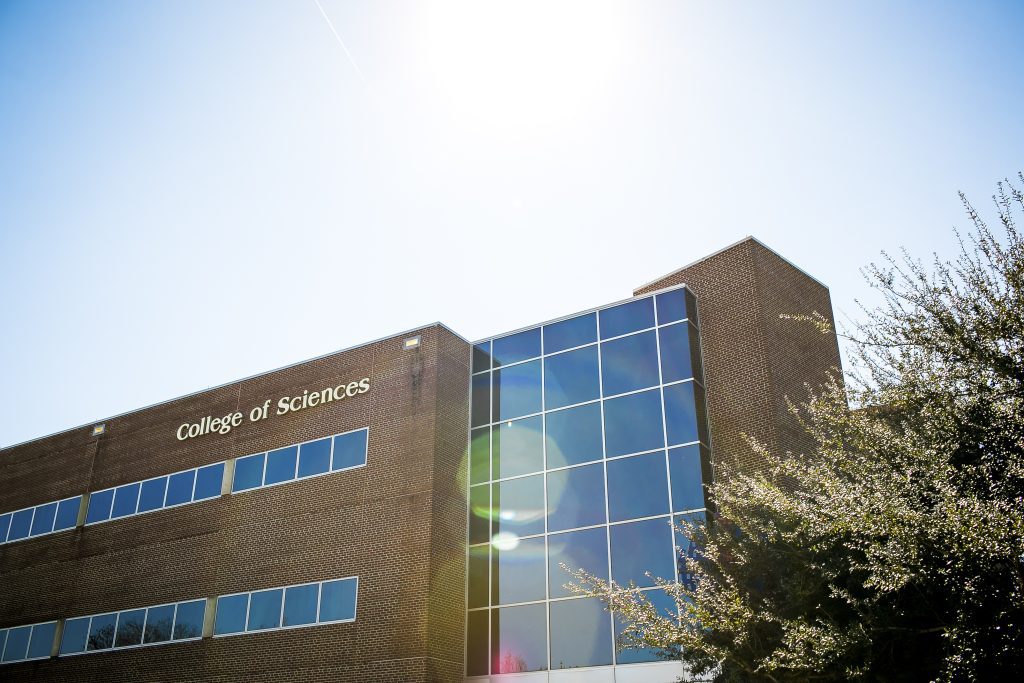College of Sciences Sets New Research Funding Record

The College of Sciences saw a record $43.6 million in research awards this past year — up from $25 million in 2021–22. This is the first year that the college has ranked first in funding across the university.
“This is a tremendous accomplishment by our research faculty and students,” said Associate Dean and Pegasus Professor of Physics, Enrique del Barco, Ph.D. “It also demonstrates a significant level of service by the pre- and post-award teams, as well as all the research administration staff in our units and the business center that help us each and every day.”
Funding from grants and contract awards are critical to helping faculty researchers make real, tangible impacts in a wide variety of areas, including ultra-fast laser technologies, space exploration, coastal science, data science, and more.
One such example is the $35 million grant from NASA that Assistant Professor of Physics, Kerri Donaldson Hanna, Ph.D., and Associate Professor of Physics, Adrienne Dove, Ph.D., received to explore a region of the moon that has never been visited. This robotic mission may identify minerals and chemical resources available for future exploration.

“Research forms a core part of our identity as a university and a college. This remarkable achievement represents a unique opportunity to continue pushing the boundaries of our scientific knowledge,” said College of Sciences Dean Maggy Tomova, Ph.D. “It’s also a testament to the dedication and hard work our college research team puts into equipping our amazing faculty with the resources they need to pursue and realize their big ideas.”
The college’s research funding has seen an upward trend for close to a decade. In fiscal year 2016, new funding was $14.6 million. That jumped to $26.1 million in 2018 and has continued to climb each year.
Del Barco explains how leadership, faculty and staff have worked together to find strategic solutions that would help empower researchers with the necessary resources to become more competitive pursuing bigger proposals. This included:
- Hiring recognized faculty in top innovative fields (specifically physics, planetary science, coastal science, and data science);
- Enabling collaborative teams to go after larger grants and solve more complex problems; Providing additional support to the college’s research institutions and centers;
- Streamlining the pre- and post-award structure with help from staff who can manage proposal forms, financial compliance, project reporting, and more.
This record year of funding is a testament to the dedication of the college’s faculty in their pursuit of knowledge in disciplines across the physical, natural and social sciences, del Barco said.
“The benefit of grant funding is what it lets us do — the research and scholarly activities that benefit society,” said Michael D. Johnson, Ph.D., UCF’s provost and executive vice president for Academic Affairs. “I look forward to the impactful discoveries and innovation the college will produce in the future.”
